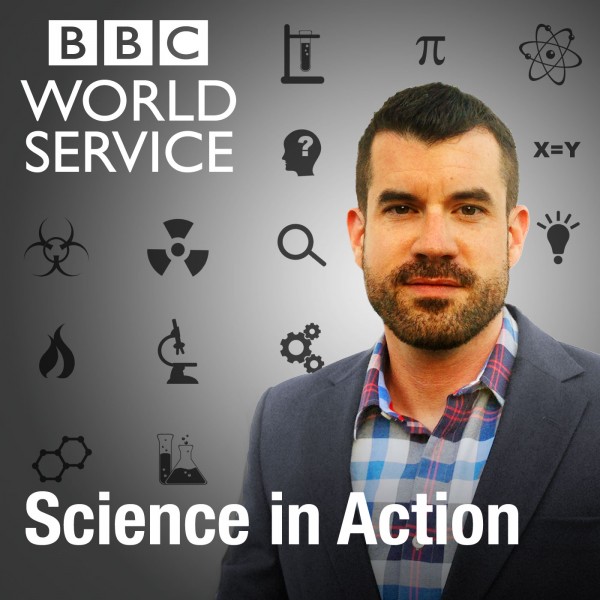
Marvels of life and death
--:--
The “dewilding” effects of fish farming and mariculture are in the spotlight this week. Farmed fish can impact marine ecosystems in several ways, and surprisingly one of those is the effect it has on consumer perceptions of the impact of eating farmed fish, as researchers Becca Franks of NYU and Laurie Sellars at Yale suggest. Meanwhile, Manu Prakesh and colleagues at Stanford University in the US have found a remarkable plankton that can traverse the depths of the oceans by ballooning to five times its size, giving clues as to how an important carbon sink actually works. And Monika Bright at the University of Vienna has found animals and tubeworms living in the very rock below volcanic hydrothermal vents. Life finds a way… …But not always. 445 million years ago the second worst mass extinction event wiped out countless species of life on earth. But why? This week astronomer Chrysa Avdellidou of Leicester University and colleagues say they have found the origin for a famous meteor event that also happened around that time. Presenter: Roland Pease
Producer: Alex Mansfield
Production co-ordinator: Andrew Rhys Lewis(Image: Aerial view of seagulls following a fishing trawler. Credit: Felix Cesare via Getty Images)
Producer: Alex Mansfield
Production co-ordinator: Andrew Rhys Lewis(Image: Aerial view of seagulls following a fishing trawler. Credit: Felix Cesare via Getty Images)